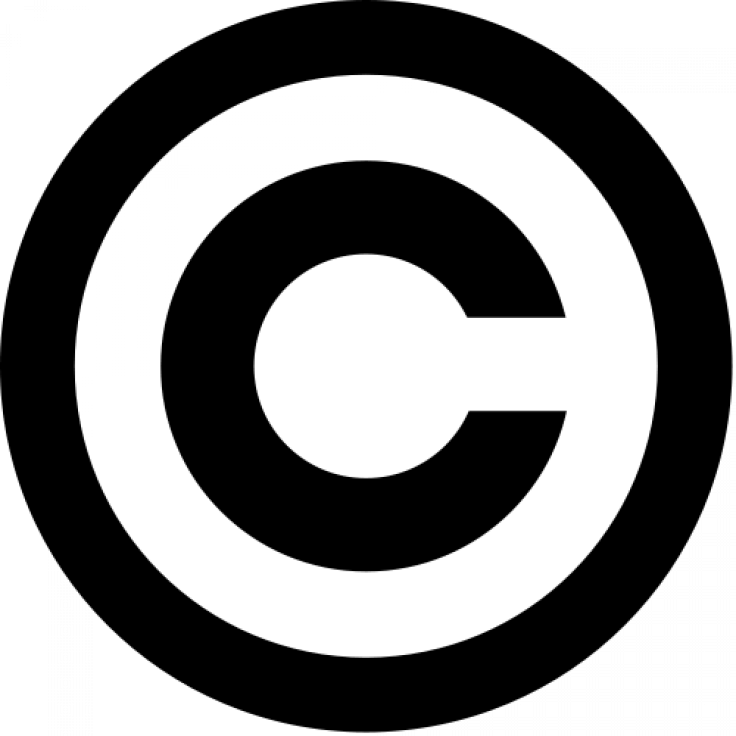How The 'Six Strike' Program Works; Time Warner, Comcast, AT&T, Other ISPs Working Together To Combat Online Piracy

The major American Internet providers are nearing the launch of the long-awaited -- and much dreaded -- “six strikes” campaign to stem their profit losses from illegal file sharing. The providers will shift from the relatively ineffective lawsuit strategy taken by the MPAA and RIAA in favor of “mitigation measures” that will throttle a user’s Internet connection and attempt to educate a potential file sharer about the effects of copyright infringement.
Wired reported that the six-strike plan is a direct response to last year’s failure to pass anti-piracy legislation. The Stop Online Piracy Act and the companion Protect IP Act were almost universally disdained by major Internet companies and, as a response, the Motion Picture Association of America and the Recording Industry Association of America lobbied the major Internet service providers to get involved in a new attempt to protect intellectual property.
Gigi Sohn, the president of digital rights group Public Knowledge, told Wired that despite the Internet blackouts from major sites like Reddit and Wikipedia, the failed anti-piracy bills laid the groundwork for the six-strike plan.
“SOPA and PIPA definitely had an impact,” she said. “There was some concern, if they moved ahead too quickly, public opinion would be so raw, this would be caught in the whirlwind of bad PR.” Another copyright expert told the magazine that the plan is expected to be launched by the end of 2012.
Skeptics might doubt how effective educational messages will be for illegal file sharers, but the six-strike planners seem to be taking the notices very seriously. Torrent Freak reported in August that the move was delayed because of issues with the “language” in the warnings.
Now, anyone with Internet service from AT&T, Time Warner Cable, Cablevision Systems, Comcast or Verizon could attract their provider’s attention by downloading BitTorrent files. The BitTorrent files are red flags for these ISPs because the amount of bandwidth they take up is much larger than most legal downloads.
The major Hollywood studios and the Obama administration are also behind the six-strike policy, according to Salon.
The ISPs will target peer-to-peer (P2P) downloading, which makes up most of the illegal file sharing on the Internet. When someone downloads a file from a site that hosts illegal content, they connect with “seeders” around the world that make the file easy to access and faster to download.
How does it work? When an Internet subscriber first looks like they’ve been up to suspicious activity, he or she will receive an alert explaining their account “appears to have been used for online content theft” and that consequences are possible in the future. They will receive a similar alert after a second infraction.
The third and fourth times an Internet user appears to have downloaded media illegally, they’ll receive pop-up notifications from their ISPs. The popups will have click-boxes that will force the alleged file sharer to acknowledge that he or she has been sent and has read a notice explaining that their account has been engaging in illegal activity.
It’s important to mention that the ISPs are in no way required to enact any of these actions, and the termination of an Internet subscriber’s account appears to be out of the question.
The fifth and sixth time someone is recorded illegally sharing files, he or she will be subject to the “mitigation measures.” According to the Center for Copyright Information, those steps include “temporary reductions of Internet speeds, redirection to a landing page until the subscriber contacts the ISP to discuss the matter, or reviews and responds to some educational information about copyright, or other measures (as specified in published policies) that the ISP may deem necessary to help resolve the matter.”
Perhaps most tellingly, though, “the ISP may also waive the Mitigation Measure” altogether, a situation that appears to expose the just how much leverage the MPAA and RIAA have in the situation compared to the ISPs.
© Copyright IBTimes 2024. All rights reserved.











